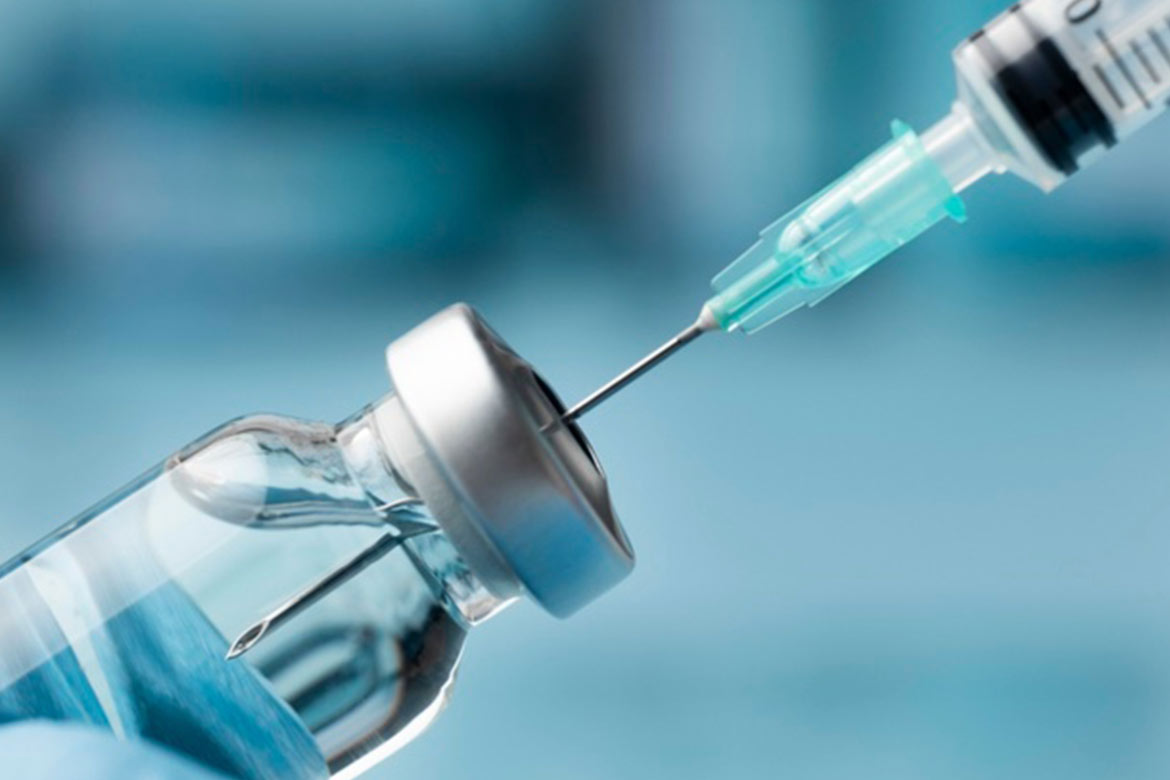The cases of Omicron, the newest threat that is haunting the world, are increasing rapidly worldwide. In India too, the cases of Omicron are increasing daily. Seeing the pace of increasing cases, experts are forecasting that there may be a third wave of coronavirus in the country.
To make India ready for the third wave of this pandemic, the central government has approved the emergency use of two new corona vaccines and an anti-viral drug.
The Central Drugs Standard Control Organization (CDSCO) has approved two new corona vaccines named Corbevax and Covovax for emergency use. Apart from this, an anti-viral drug named Molnupiravir has also been approved. After this approval, a total of 8 corona vaccines have been approved in India and a total of 4 drugs have also been approved for the treatment of a person infected with Covid-19. In this context let’s understand about these newly approved weapons against covid.
Corbevax:

Also read: COVID Updates: Restrictions Imposed; New Vaccines Got Approval
Corbevax is a Recombinant Protein Sub-unit vaccine. This type is also called Receptor Binding Domain or RBD.
In the 1980s, scientists discovered how DNA from two or more sources mixes. This technique is called recombinant DNA technology. When the genetic code of a virus is inserted into a yeast cell, the yeast virus starts making proteins. Vaccine manufacturers use this process to make protein subunit vaccines.
The coronavirus uses its spikes to attach to human cells. Inside the spike is a ‘receptor binding domain’ or RBD that allows it to stay on and infect cells.
Corbevax is developed jointly by Baylor College of Medicine and Biological E. Only Hyderabad based Biological E will produce it in India. The efficacy of this vaccine is between 80%-90%. On Tuesday, Professor Peter Hotez of Baylor College said that there is a stock of 150 million doses available.
Covovax:
It is also a protein subunit vaccine and is therefore different from the mRNA vaccine developed by Moderna and Pfizer, the viral-vector vaccine made by AstraZeneca and Johnson & Johnson, and the inactivated-virus vaccine made by Sinovac and Sinopharm.

Covovax is nothing but the Indian name of Novavax. It will be manufactured by the ‘Serum Institute of India’ in India. In the trial, this vaccine proved to be up to 90% effective against the COVID variant. SII started its production in June 2021. A target of producing 15 crore doses per month has been set by March 2022. The vaccine has been tested on adolescents aged 12-17 years and 460-460 children aged 2 to 12 years.
The only difference between Corbevax and Covovax is the method by which protein spikes are grown.
Advantages of a protein vaccine:
- RBD subunit vaccines like Corbevax and Covovax contain only the RBD proteins of the virus.
- Since these vaccines do not cause disease, they can also be useful for people whose immune system is weak or poor.
- A major advantage of protein subunit vaccines is that they are more stable than whole virus vaccines.
- The immunity produced by the vaccine may be limited to the antibodies which wear off after some time. To overcome this weakness, adjuvants are often added to the protein subunit vaccine.
- The storage and logistics cost of these vaccines is very low.
- The manufacturing cost is also very low as compared to mRNA or vector vaccine.
Molnupiravir:
Read more: What Is A Precaution Dose? Why We Need It And Its Status In The World?
Molnupiravir is an oral drug. It is claimed that it stops infection within 24 hours. It has been made jointly by the pharma company Merck and Ridgeback. It is claimed that by consuming this tablet, the patient’s health improves quickly and the condition can be prevented from becoming critical.
In India, the drug has received emergency-use authorisation from the Drugs Controller General of India (DCGI). It will be used in the treatment of adult patients with Covid-19, who have a high risk of progression of the disease including hospitalisation or death. In our country, 13 companies have licenses to manufacture and market antiviral drug.
It was approved by Britain in November. In December, limited emergency use was allowed in the US. This drug was first discovered for the treatment of cold and flu.
Viruses complete their life by living inside the cell of the organism and multiple there. The job of anti-viral is to break their life cycle. Viruses are in the cell, so the drug that kills them can also kill the cell. That is, it is easy to kill the virus, but it is difficult to save the cell.
